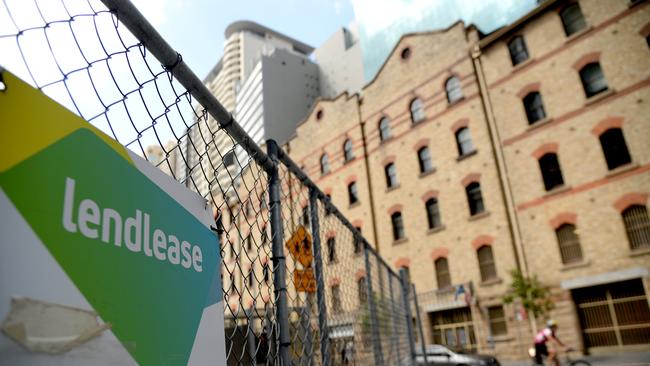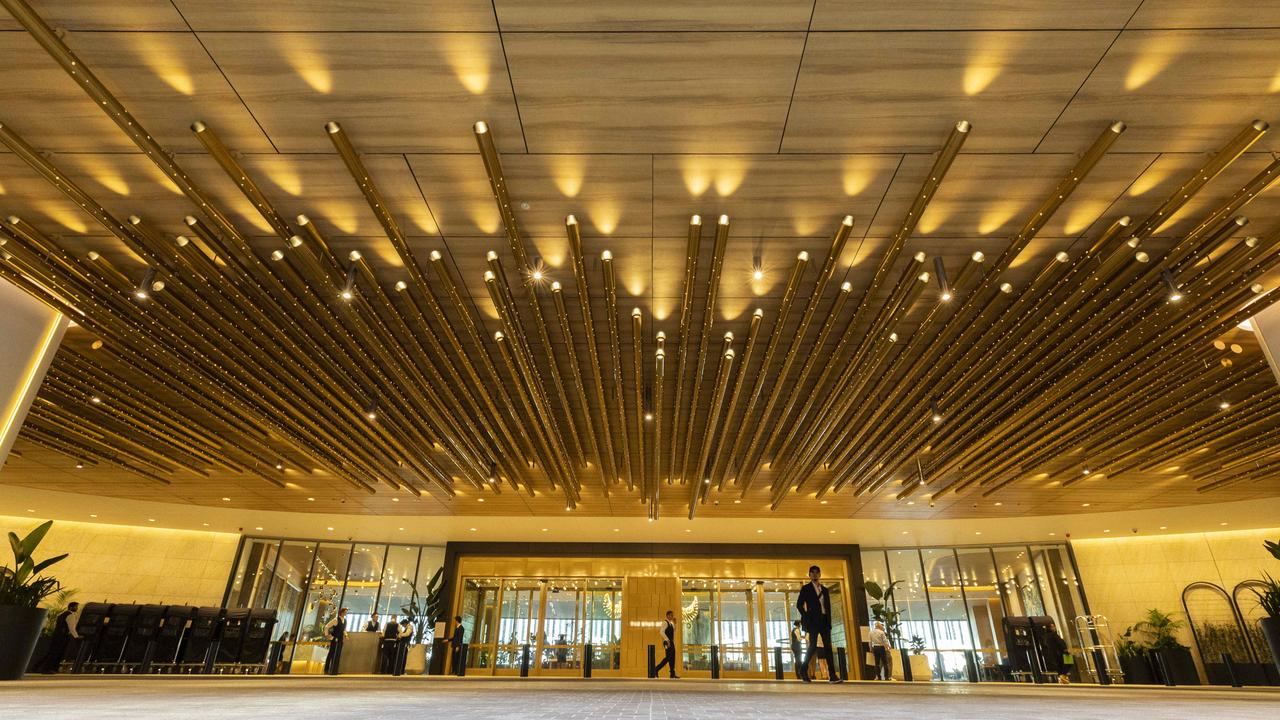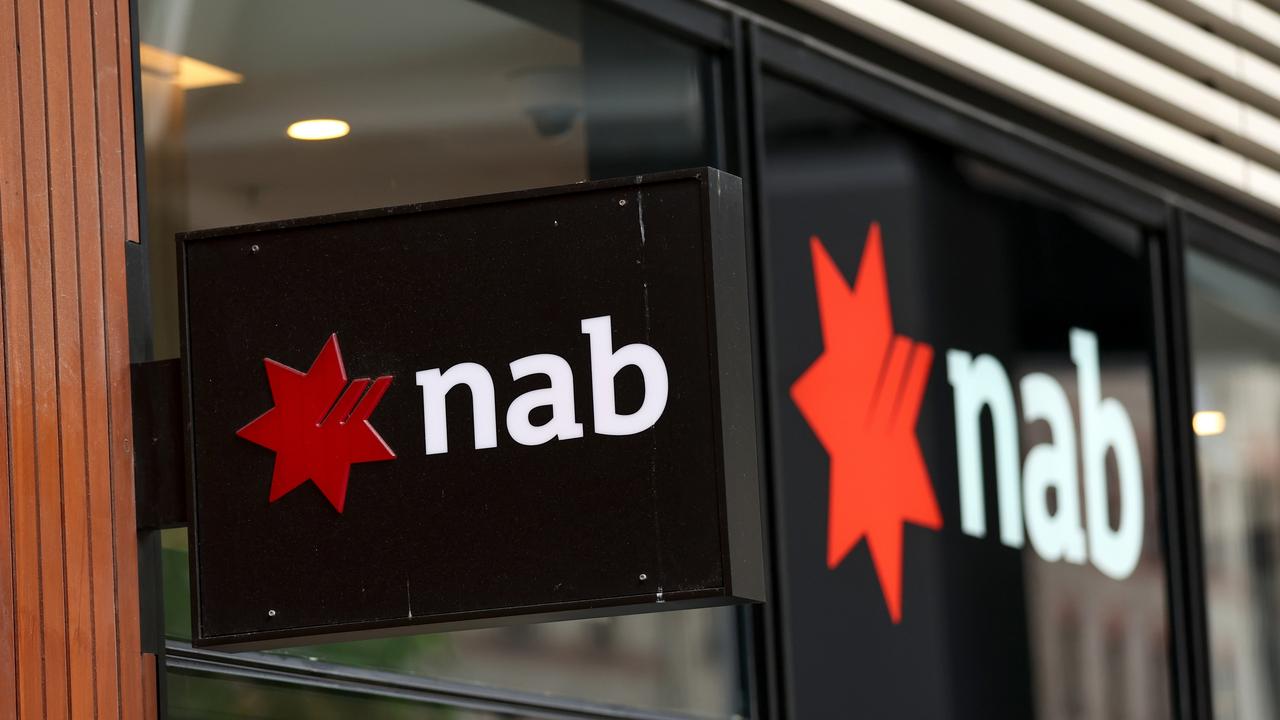
Another one of Lendlease’s top executives has left the organisation to join a rival.
Executive general manager of defence Matthew Theoharous will join rival construction business Built.
It comes after the head of construction for Lendlease David Paterson left to join Built earlier in the year.
Mr Theoharous will lead the growth of both defence and social infrastructure construction opportunities at Built.
He had worked at Lendlease from 2013 to 2017.
Earlier this year executive general manager of finance and investment management Toby Barnes departed Lendlease to join Charter Hall to become its head of finance.
And recently, Frank Krile turned up at Star Entertainment to work with former Lendlease boss Steve McCann as its new chief financial officer after working as a finance executive at Lendlease until July this year.
Lendlease has faced a tumultuous year, as activist investors lobby for change after poor performance.
The real estate developer and investor has retreated from international construction and development, leading to the reduction of thousands of positions.
Chairman Michael Ullmer stepped down and was replaced by ex-CSR chairman John Gillam who previously ran Bunnings.
Lendlease has prided itself on developing high quality, large-scale projects such as Sydney’s Barangaroo precinct, London’s Elephant Park urban renewal project, Singapore’s Paya Lebar Quarter and New York’s Claremont Hall.
Unprofitable global projects are being placed by Lendlease into run-off mode and sold down over time and sold its communities business to Stockland and Supalai to pay down debt for $1.3bn.
Activist investors on its register include John Wylie’s Tanarra, Allan Gray and David Di Pilla’s HMC Capital, which has 5.01 per cent.
The Lendlease share price, is now at about $6.49 compared to about $7.46 at the start of the year.
The shares traded at more than $20 in 2018.
Lendlease, which is broken down into three reporting units — development, construction and investments — made a $1.5bn loss for the year to June.
The Australian real estate investment trust sector has faced headwinds with higher interest rates drawing investors into other sectors like private credit.
Bigger debt costs are also hurting performance.
As well, groups are trimming development teams thanks to weaker economic conditions whereby corporates are hesitant to expand their workforces, leaving the office markets currently oversupplied, particularly in Melbourne and Sydney.



